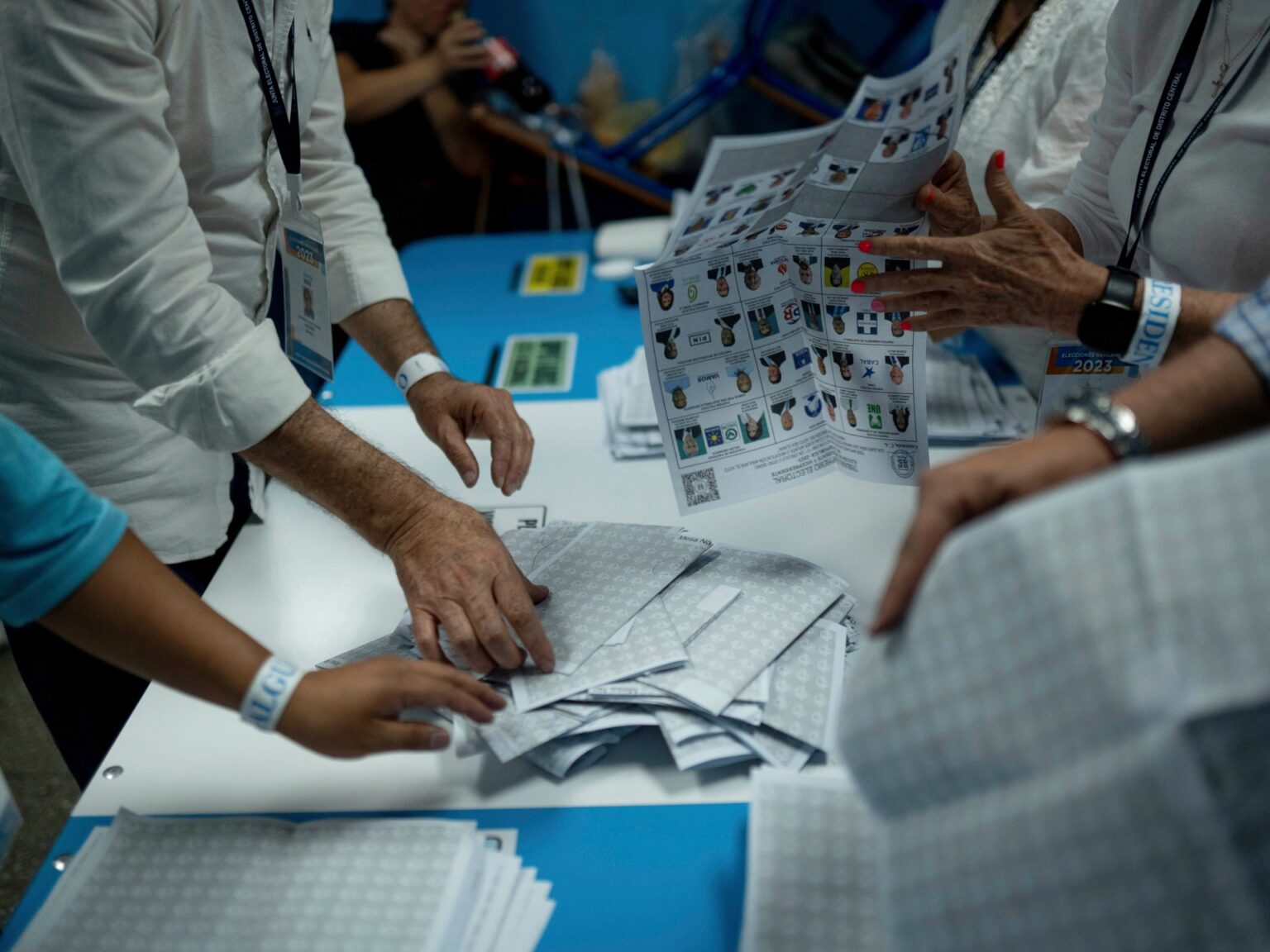Sandra Torres and Bernardo Arevalo emerge as top two contenders, electoral commission says, as August run-off expected.
The two frontrunners in Guatemala’s presidential elections will face a run-off vote, the electoral commission has said, after no candidate in the divisive contest secured the 50 percent needed to win the election outright at the weekend.
The country’s electoral commission said on Monday morning that the results were “practically definitive” as former First Lady Sandra Torres and fellow centre-left candidate Bernardo Arevalo emerged from Sunday’s vote as the top two contenders.
With 98 percent of the votes counted, Torres of the National Unity of Hope (UNE) party had 15.7 percent support and Arevalo of Movimiento Semilla (the Seed Movement) had 11.8 percent, according to the commission’s preliminary tally.
“We’re happy,” Torres said during a news conference, expressing optimism at the second round, which is expected to be held on August 20. “We’re going to win, against whoever it may be.”
But Sunday’s election saw low turnout and numerous blank ballots cast, with many voters expressing doubt that the next government would be able to address long-standing problems in the Central American nation, namely unemployment, security and corruption.
Clashes between voters and police struck at least one polling station Sunday when local residents accused the mayor of bussing in people from outside the area and paying them to vote.
The election also came amid what rights advocates said was an alarming rollback of democratic institutions in Guatemala, including a crackdown on the press and the decision to bar early presidential frontrunners from the vote.
Three popular candidates had their candidacies invalidated by the Supreme Electoral Tribunal, in decisions their supporters have claimed amount to political sidelining.
Businessman Carlos Pineda, an early frontrunner who was among those barred from participating, had urged his backers to spoil their ballots.
Torres and centrist candidate Edmond Mulet both accused the ruling party of buying votes.
Opinion polls ahead of the election had not suggested that Arevalo, an ex-diplomat and son of former President Juan Jose Arevalo, would make the run-off. Arevalo has made tackling corruption a key priority of his bid.
At the central voting computation centre, Arevalo said he would take the faith that voters showed in him on Sunday and use it “to pull the country out of the swamp” if elected. “The results are the exhaustion of the people with the traditional political class,” he said.
Meanwhile, polls have suggested that the 67-year-old Torres will struggle to win a run-off given her unpopularity in the capital, Guatemala City, which is home to a high percentage of the electorate. She finished runner-up in the last two presidential elections.
The ex-wife of Alvaro Colom, Guatemala’s president from 2008 to 2012, Torres was competing with more than 20 other candidates, including Mulet, a career diplomat, and Zury Rios, daughter of the late right-wing dictator Efrain Rios Montt.
The preliminary results pointed to a fragmented Congress, which could make it hard for the next president to govern.
Also up for election were 160 members of Congress, 340 mayors, and 20 delegates to the Central American Parliament. But many voters had already lost faith that the elections would bring about substantial changes.
“We woke up very early to vote. We vote with enthusiasm – and afterward, the presidents, it’s always the same thing,” voter Maria Chajon told the AFP news agency, sounding resigned.
Another voter, 58-year-old lawyer Manuel Morales, also expressed scepticism at the political system. “There are no options to improve the country; they are the same as always,” Morales told AFP before casting his vote on the outskirts of the capital.
“The law allows me to vote null and that is what I am going to do.”


